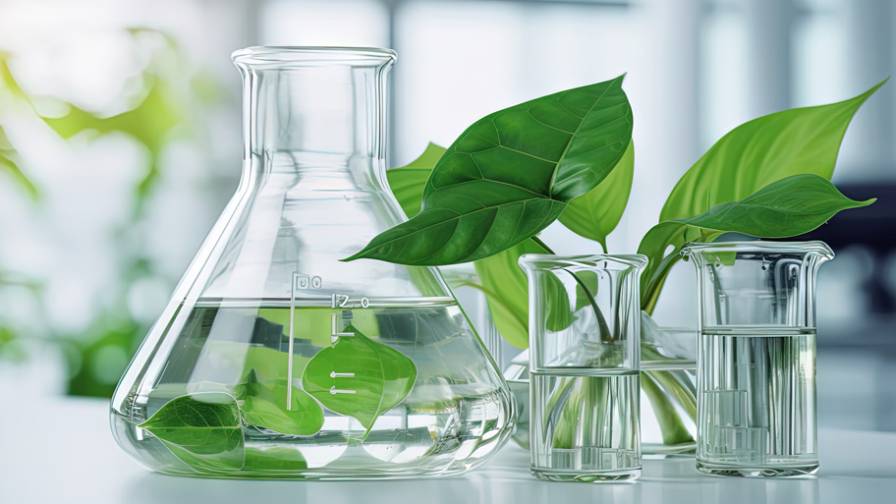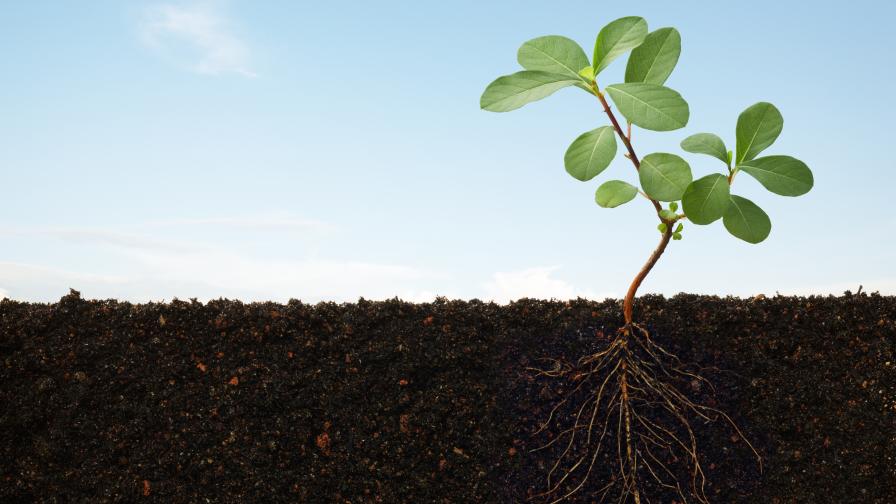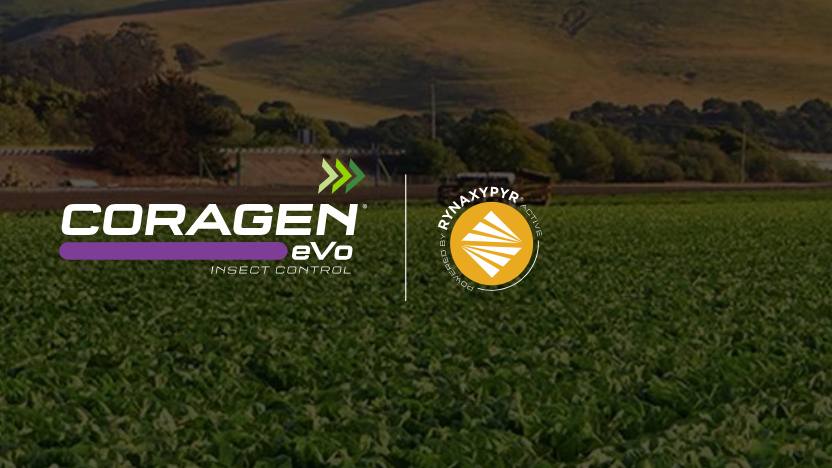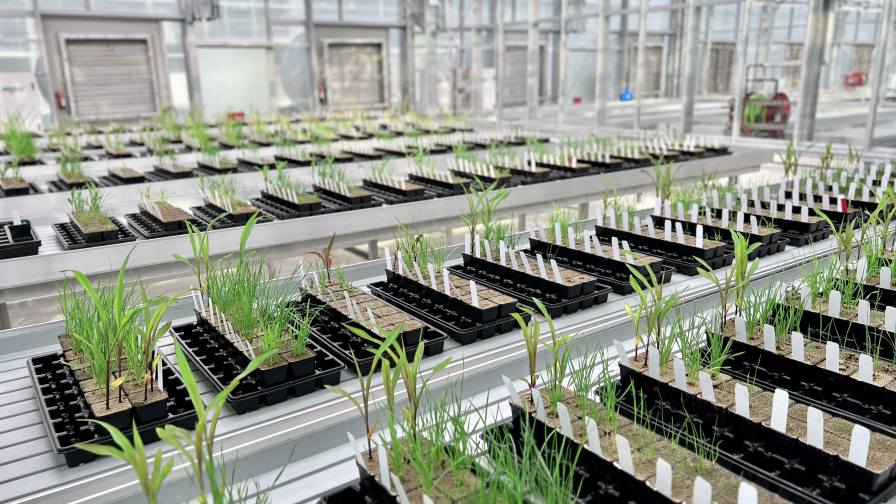Bayer CropScience Opens Seed Research Facility in Singapore
Bayer CropScience has opened an expanded seed research laboratory in Singapore dedicated to support the development of new high-yielding and high-quality seed varieties and hybrids, according to a press release.
The original rice seed analytics lab has been relocated and expanded to support a broader range of seed breeding and development activities across Asia/Pacific. Representing an investment around EUR 20 million over the next five years, the new research unit will work with technologies such as DNA marker analysis and molecular assisted breeding. The scientists at the new facility will work to screen and integrate innovative agronomic and quality traits in canola, corn, cotton, wheat, soybean and rice, according to Bayer.
“With this investment, Bayer CropScience aims at developing new solutions to help increase yields and productivity to meet farmers’ needs, as well as quality traits to meet consumer needs,” said Sandra E. Peterson, CEO of Bayer CropScience in a prepared statement. “This state-of-the-art facility is centrally located in Singapore in an ideal hub location to respond quickly to the needs of our breeders and seed production technicians across Asia/Pacific. Singapore has an established research and development structure and is a source of skilled staff. The new facility will increase the breeding capacity of Bayer CropScience.”
Additionally, work will also focus on plant pathology for better control of diseases. Agronomic traits of interest include novel modes or enhanced resistance to diseases, pests and environmental stress. Quality traits of interest include for example better storability, easier processing, improved grain quality and nutritional profile, better cooking features and enhanced fiber quality in the case of cotton. The expanded lab facility will enable the identification, validation, and deployment of new high-throughput and cost-effective molecular markers and marker detection systems to support the company’s breeding programs, according to Bayer.






